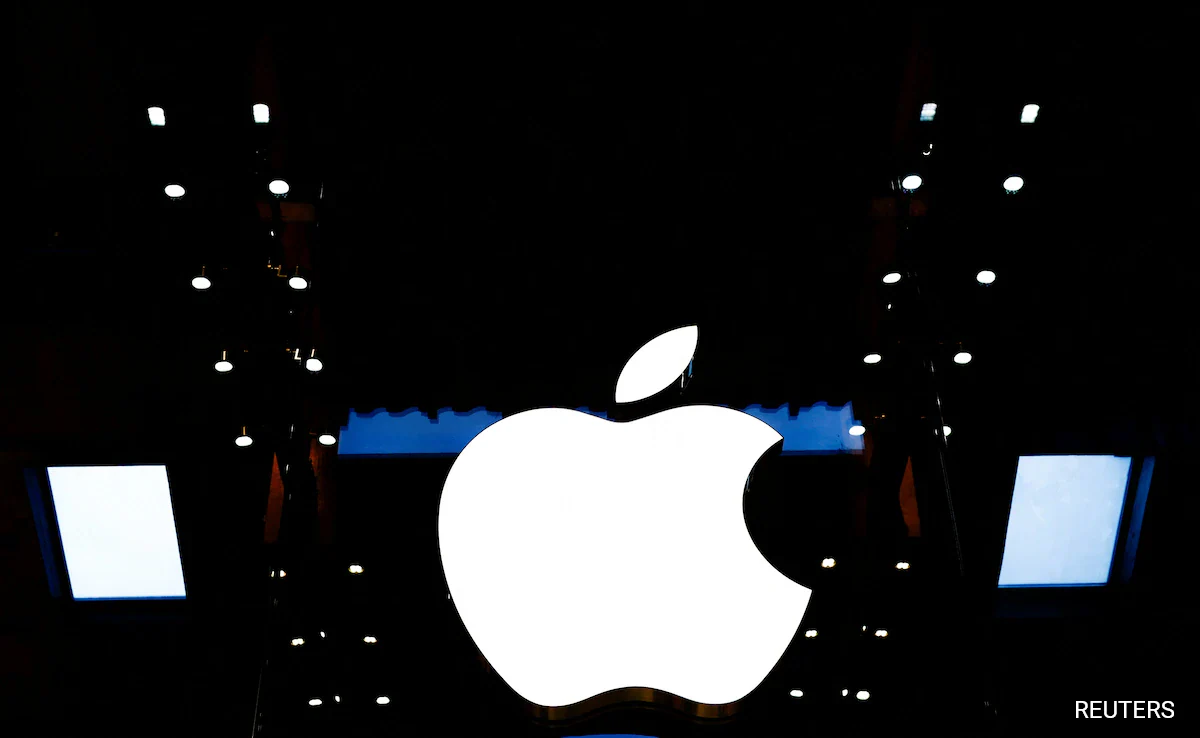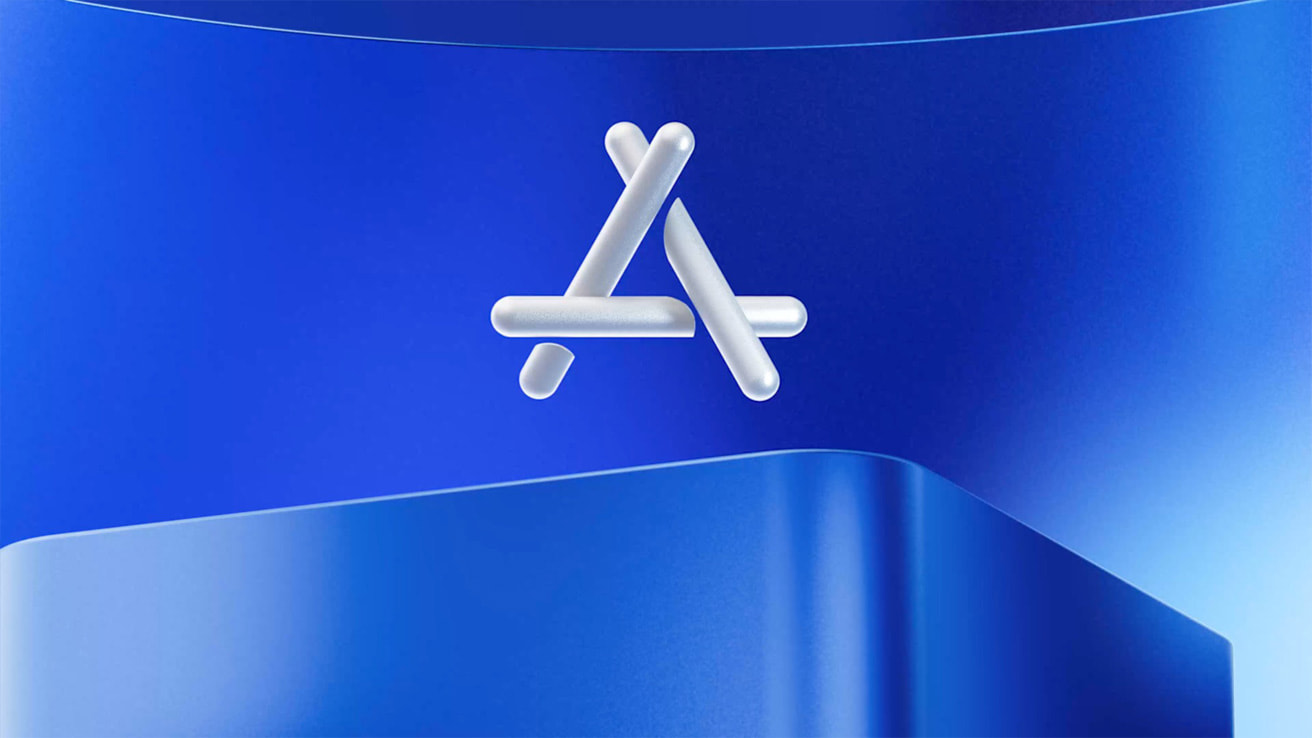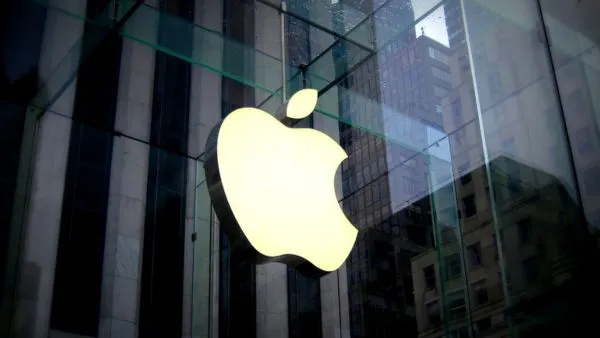Privacy Shortcuts Made Mandatory in the App Store and Other Apple App Stores
Apple continues to work to provide greater transparency about what user data is collected and processed by apps in the App Store. We are talking about privacy labels that will mark all applications in the Apple-branded store and which will help users better understand what data is processed by this or that software product.









